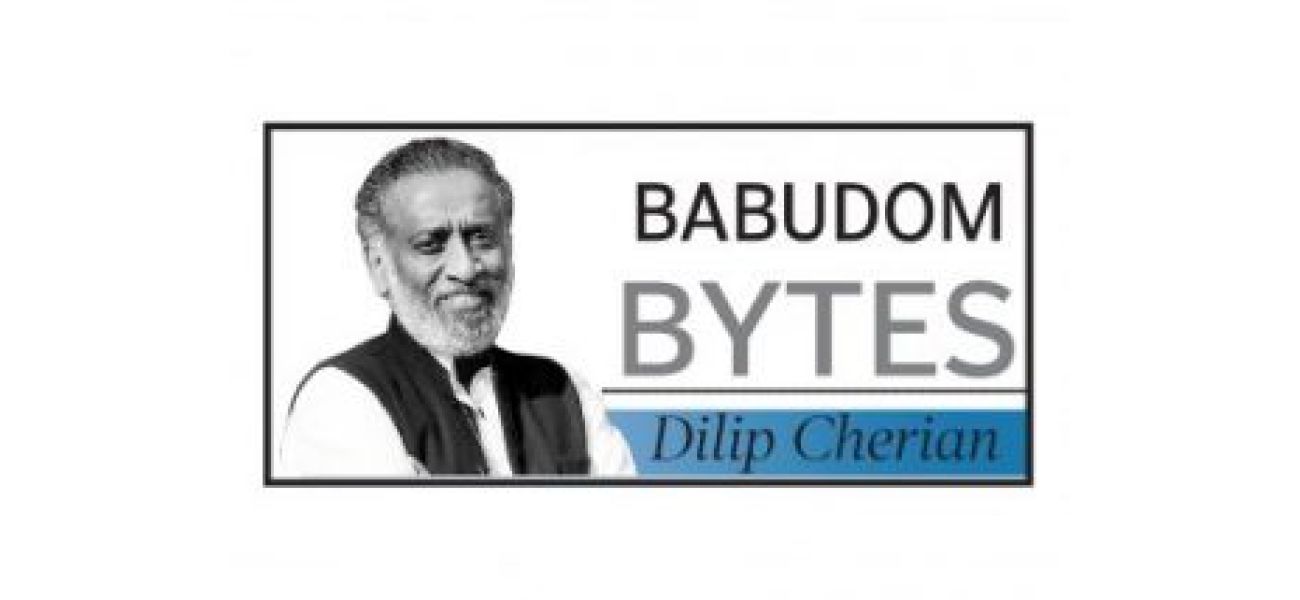Protect your home with our advanced honeytrap alarm system. Keep your loved ones safe and secure. Secure your home with our innovative honeytrap alarm. Keep your family safe.
Having a weak password and assuming a luxury hotel room is secure shows a lack of readiness for the digital age and high positions. The number of trapped people and ease of this occurrence is shocking.
July 26th 2025.

If you are still using "1234" as your password and believe that a luxurious hotel room is a secure space, then you may not be ready to navigate the complexities of the digital age, let alone hold a high position of authority. The recent scandal involving hidden cameras in hotel rooms has left us stunned, not just because of the number of public figures who fell victim, but also because of how easily it happened. Reports suggest that at least 72 individuals, including IAS and IPS officers, as well as ministers, were lured into these rooms and subsequently blackmailed. The women involved were said to be young and attractive, and the hotels were equipped with advanced surveillance. The result? Attempts at suicide, hushed panic, and even large sums of money being paid to keep the incident under wraps. However, with the recent arrest of a woman from Thane and the news reaching the desks of the Chief Minister and the Opposition leader, it seems that this scandal can no longer be swept under the rug. Both CM Devendra Fadnavis and Nana Patole have broken their silence, but addressing this issue will require more than just a few statements.
This is not just a matter of personal conduct, but also one of vulnerability at the highest levels of governance. It is concerning that individuals with access to sensitive information were not only emotionally manipulated but also fell into basic traps. This poses a threat to national security, not just morality. What is even more worrisome is the lack of transparency in this situation. No official has come forward to address the matter, and their silence is both alarming and dangerous. If public servants can be compromised so easily and still hide behind their rank and protocol, who knows what else is being swept under the rug?
Instead of focusing on moral outrage, it is time for governments to take internal security and digital literacy more seriously. We cannot wait for every scandal to go viral before taking action. It is crucial for us to have a proactive approach towards these issues.
Moving on to a different topic, let's talk about the importance of strong leadership in our public sector undertakings (PSUs). As a country with ambitious trillion-dollar dreams, it is disheartening to see that our key institutions are being run with inadequate leadership. Take the example of PSU banks, where there are currently more than 70 vacancies at the board level across 12 public sector lenders, including positions such as MDs, Executive Directors, and non-official directors. This is not just a human resources issue, but a gap in governance that has practical implications on risk management, credit flow, and strategic decision-making. The absence of a CEO at Union Bank of India for over a month has had a negative impact on the economy as a whole.
This problem is not limited to banks alone. Many crucial leadership positions in CPSEs across various industries, such as energy and infrastructure, are also vacant. While steps have been taken to fill these positions, the process seems to be more like a marathon than a relay sprint. This is concerning as these positions hold significant responsibilities and are vital to India's growth engines. The absence of strong leadership can result in delays and missed opportunities in industries such as mining, power, and defence manufacturing.
The government may argue that they are in the process of addressing these issues, but it is time to move from process to outcome. Our PSUs deserve a full-strength leadership team that can drive them towards success.
On a positive note, Chandigarh has finally appointed a full-time DGP after months of uncertainty and shuffling around. What makes this appointment stand out is the officer's background and experience. Sagar Preet Hooda, a 1997-batch IPS officer with a Harvard degree, has a unique mix of field experience and academic knowledge. He has held high-pressure portfolios and is currently leading Delhi Police's Intelligence Division. With his arrival in Chandigarh, we can hope for better leadership, improved morale within the force, and sharper policing. The city, with its unique UT governance structure and inter-state sensitivities, presents a challenging task for any leader. While acting DGPs may have kept the ship afloat, it takes real leadership to steer it towards the right direction and have a long-term vision. We can only hope that Hooda gets the autonomy and time to lead from the front and make a positive impact in Chandigarh.
This is not just a matter of personal conduct, but also one of vulnerability at the highest levels of governance. It is concerning that individuals with access to sensitive information were not only emotionally manipulated but also fell into basic traps. This poses a threat to national security, not just morality. What is even more worrisome is the lack of transparency in this situation. No official has come forward to address the matter, and their silence is both alarming and dangerous. If public servants can be compromised so easily and still hide behind their rank and protocol, who knows what else is being swept under the rug?
Instead of focusing on moral outrage, it is time for governments to take internal security and digital literacy more seriously. We cannot wait for every scandal to go viral before taking action. It is crucial for us to have a proactive approach towards these issues.
Moving on to a different topic, let's talk about the importance of strong leadership in our public sector undertakings (PSUs). As a country with ambitious trillion-dollar dreams, it is disheartening to see that our key institutions are being run with inadequate leadership. Take the example of PSU banks, where there are currently more than 70 vacancies at the board level across 12 public sector lenders, including positions such as MDs, Executive Directors, and non-official directors. This is not just a human resources issue, but a gap in governance that has practical implications on risk management, credit flow, and strategic decision-making. The absence of a CEO at Union Bank of India for over a month has had a negative impact on the economy as a whole.
This problem is not limited to banks alone. Many crucial leadership positions in CPSEs across various industries, such as energy and infrastructure, are also vacant. While steps have been taken to fill these positions, the process seems to be more like a marathon than a relay sprint. This is concerning as these positions hold significant responsibilities and are vital to India's growth engines. The absence of strong leadership can result in delays and missed opportunities in industries such as mining, power, and defence manufacturing.
The government may argue that they are in the process of addressing these issues, but it is time to move from process to outcome. Our PSUs deserve a full-strength leadership team that can drive them towards success.
On a positive note, Chandigarh has finally appointed a full-time DGP after months of uncertainty and shuffling around. What makes this appointment stand out is the officer's background and experience. Sagar Preet Hooda, a 1997-batch IPS officer with a Harvard degree, has a unique mix of field experience and academic knowledge. He has held high-pressure portfolios and is currently leading Delhi Police's Intelligence Division. With his arrival in Chandigarh, we can hope for better leadership, improved morale within the force, and sharper policing. The city, with its unique UT governance structure and inter-state sensitivities, presents a challenging task for any leader. While acting DGPs may have kept the ship afloat, it takes real leadership to steer it towards the right direction and have a long-term vision. We can only hope that Hooda gets the autonomy and time to lead from the front and make a positive impact in Chandigarh.
[This article has been trending online recently and has been generated with AI. Your feed is customized.]
[Generative AI is experimental.]
0
0
Submit Comment





